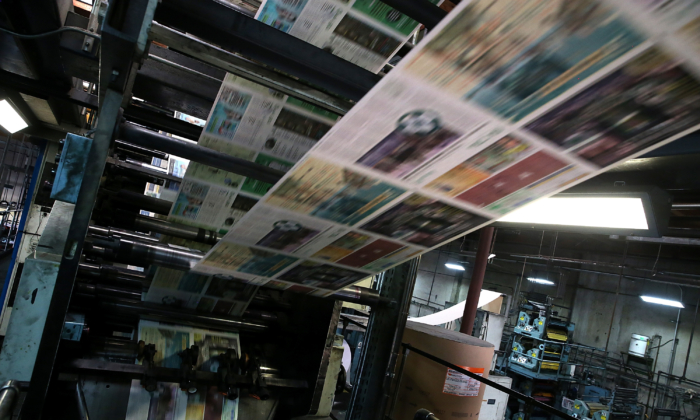Argentina’s president shocks the nation with a bold new plan. The first major change is a 54 percent devaluation of the official peso exchange rate, causing the ARS to U.S. Dollar rate to jump from 366 to 800. However, the black-market rate remains even weaker at around 1,000. This move may bring the official price closer to the true market price, but ultimately seems futile for those who rely on U.S. Dollars. After all, who would want to use a currency that is rapidly losing value?
The announcement took many by surprise and has left the country in a state of uncertainty. The drastic devaluation of the peso has sparked fears of hyperinflation and economic instability. The move appears to be a desperate attempt to appease market pressure, but it has raised concerns about the long-term impact on the economy.
The shock therapy has been met with skepticism and criticism from both the public and experts. Many are questioning the wisdom of such a drastic measure and whether it will truly address the underlying economic problems. Some are worried that the devaluation could have severe repercussions for businesses and consumers, leading to a further erosion of confidence in the peso.
The new president’s decision to devalue the peso has also sparked concerns about the country’s ability to service its foreign debt. The sharp decline in the value of the peso could make it even more challenging for Argentina to meet its debt obligations, leading to a potential financial crisis.
While the devaluation may provide a short-term boost to Argentina’s export industry, it is unlikely to address the root causes of the country’s economic woes. The move could lead to higher inflation and further erode the purchasing power of the Argentine people, exacerbating the social and economic challenges facing the country.
Amidst the uncertainty and anxiety, there are also worries about the potential impact of the devaluation on the broader global economy. Argentina’s economic struggles could have ripple effects that extend far beyond its borders, potentially destabilizing financial markets and impacting global trade.
Ultimately, Argentina’s shock therapy has raised more questions than answers. The devaluation of the peso may provide a temporary respite, but it is unlikely to offer a sustainable solution to the country’s economic woes. The move has underscored the urgent need for meaningful and lasting reforms to address Argentina’s deep-seated economic challenges. Until then, the country remains on shaky ground, grappling with uncertainty and instability.




